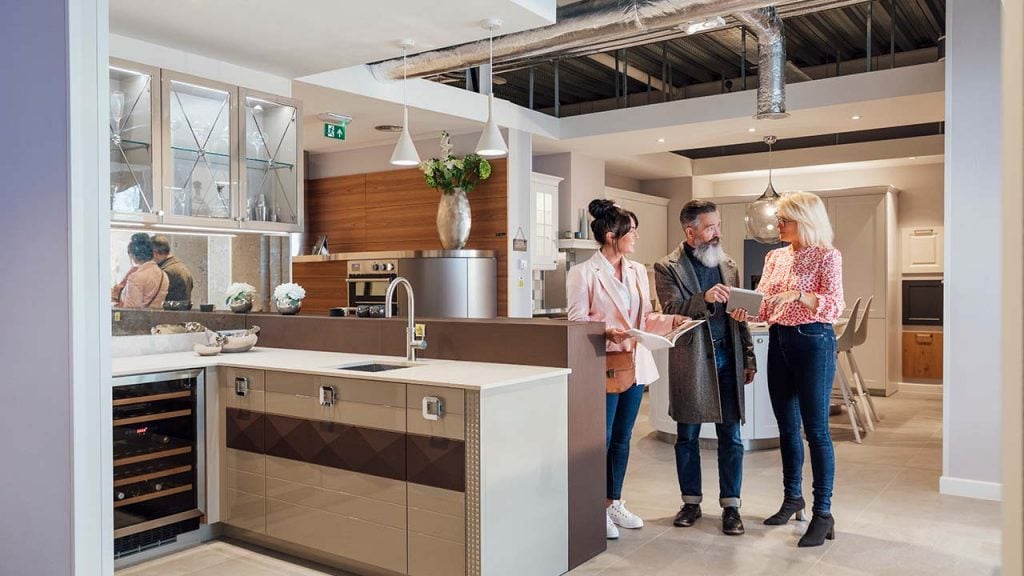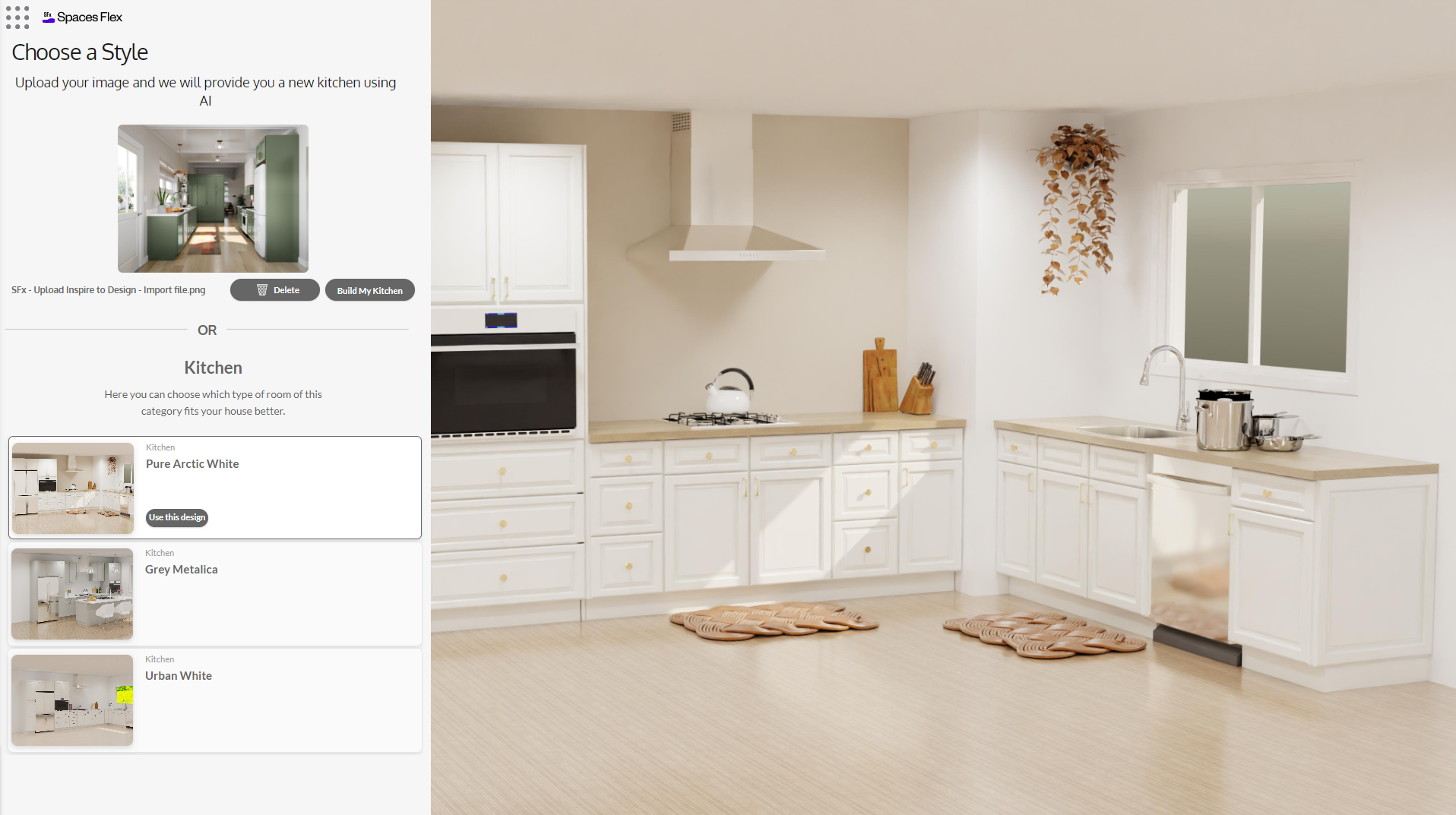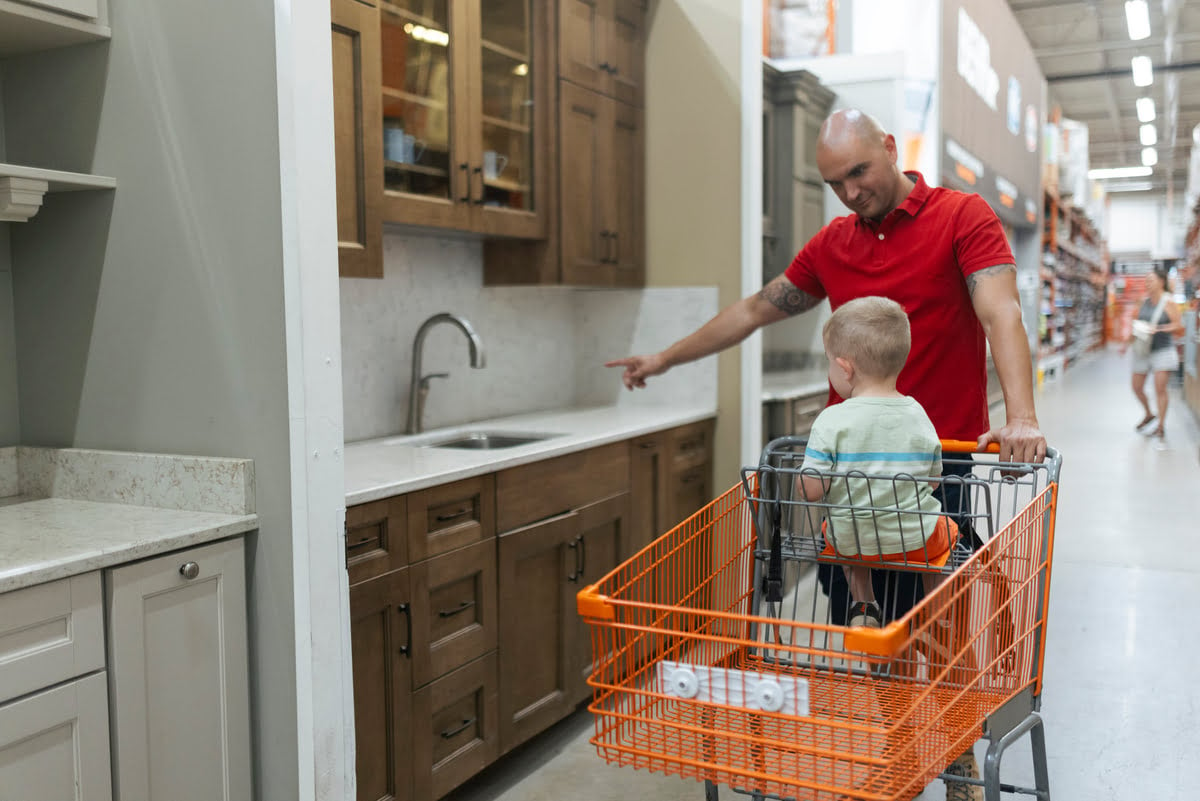The power of personalisation in kitchen retail
Kitchen

Dean Smith

As the retail landscape evolves, the power of personalisation in kitchen retail is increasingly evident. The ability to tailor offerings to individual customers can significantly enhance the customer experience and drive business success. But how does personalisation work in kitchen retail, and what strategies can retailers use to provide personalised experiences?
Enhancing the customer experience
Personalisation is all about understanding the unique needs and preferences of each customer. In the kitchen retail industry, this can mean designing a kitchen that reflects a customer’s lifestyle, taste, and functionality requirements. This degree of personalization can make customers feel valued and understood, thereby enhancing their overall shopping experience.
Strategies for personalization
Providing personalized experiences in kitchen retail involves several key strategies. The first is data collection: understanding your customers’ preferences, needs, and past behavior. This information can be collected through customer interactions, surveys, and purchase histories.
With this information in hand, you can tailor your offerings to each customer. For instance, if you know a customer loves a contemporary style and often entertains, you could recommend sleek, modern designs with open layouts that are conducive to socialising.
Another strategy is personalised communication. This could involve sending customised messages to customers, such as design tips that align with their preferences or personalised follow-ups post-purchase. This kind of communication can make customers feel special and enhance their connection with your brand.
Successful personalization in kitchen retail
Leading kitchen retailers are already harnessing the power of personalisation to create memorable customer experiences and drive business success. These businesses use customer data to understand individual preferences, tailor their offerings, and communicate in a personalised manner. The result is an enhanced customer experience that sets them apart from competitors and fosters customer loyalty.
In conclusion, personalisation can significantly enhance the customer experience in kitchen retail. By understanding individual customer needs, tailoring offerings, and personalising communication, retailers can create memorable shopping experiences that drive customer satisfaction and loyalty. But remember, successful personalisation requires a customer-centric approach and a commitment to understanding and catering to individual customer needs. So why wait? Start leveraging the power of personalisation in your kitchen retail business today.
Visit our Kitchen industries page to find the right kitchen design software for your needs. Click here to learn more!
Blogs relacionados

How Cyncly AI is transforming kitchen design and sales
19/2/2025
Cyncly is advancing AI for kitchen and bath design with Spaces Flex Inspire Image-to-Design.

Cinco formas en que los grandes minoristas pueden destacarse en el competitivo mercado de productos para la cocina
16/12/2024
Wynn Grubbs está compartiendo cinco formas en que los grandes minoristas pueden prosperar en el competitivo mercado de productos de cocina. Estos enfoques implican la adopción de tecnologías y estrategias que fomentan la innovación, la participación del consumidor y la eficiencia operativa, sin aumentar significativamente sus costos operativos.

Formación en software y el valor de ahorrar tiempo
17/9/2024
Invertir en la tecnología de diseño más reciente puede ayudar a los minoristas de KBB a establecer ese importante punto de diferenciación. Sin embargo, dado que la tecnología evoluciona a un ritmo tan rápido, aprovechar al máximo las herramientas disponibles depende, en gran medida, de realizar una inversión en formación.